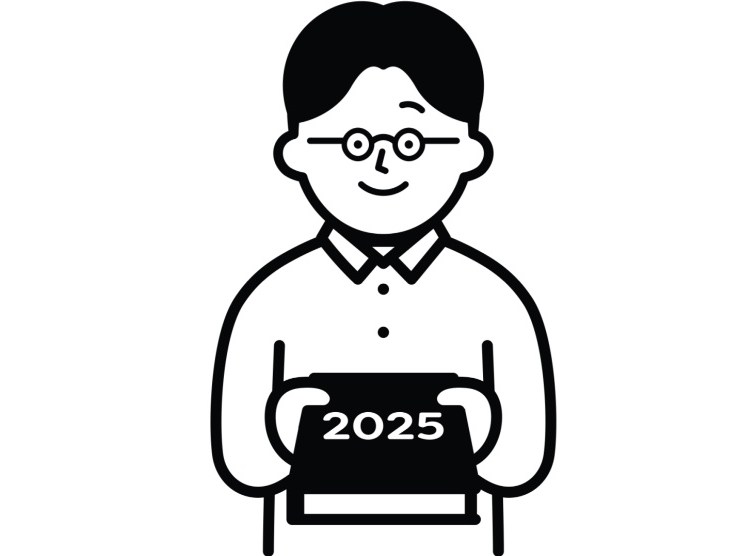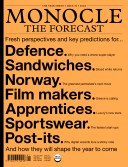
- Issue 15
- January 2025
The Forecast
Fresh perspectives and key predictions for the year ahead.
In This Issue
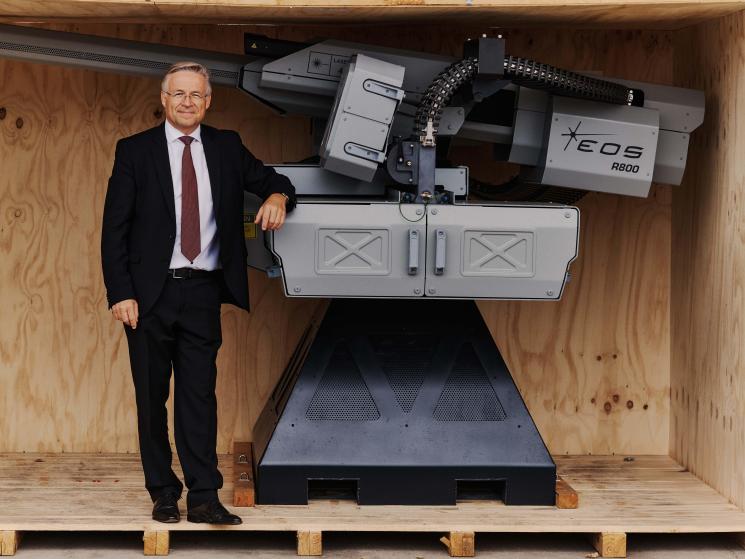
- 15 | The Forecast
- 12 min read
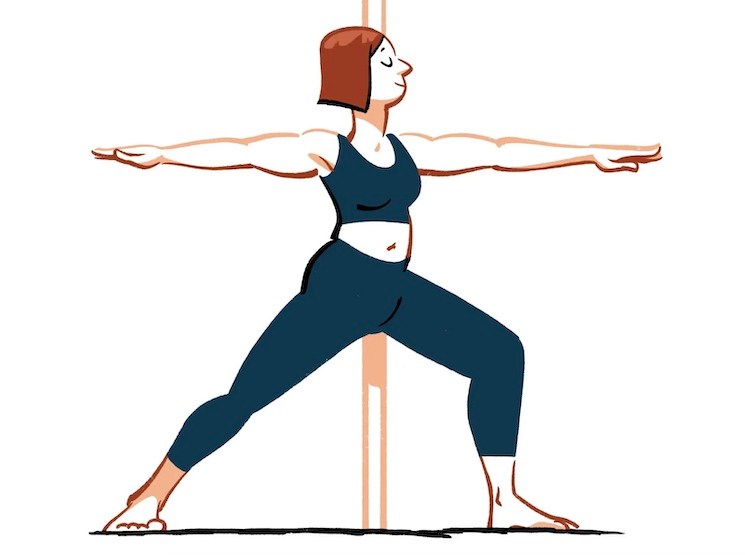
- 15 | The Forecast
- 3 min read
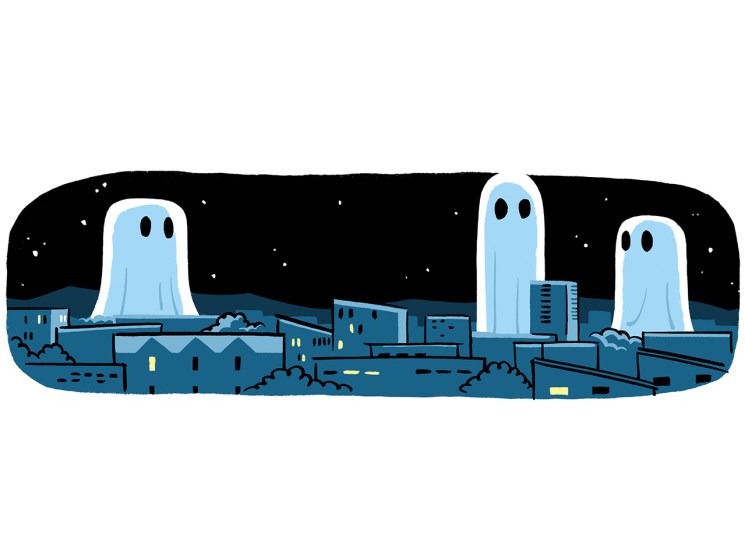
- 15 | The Forecast
- 3 min read
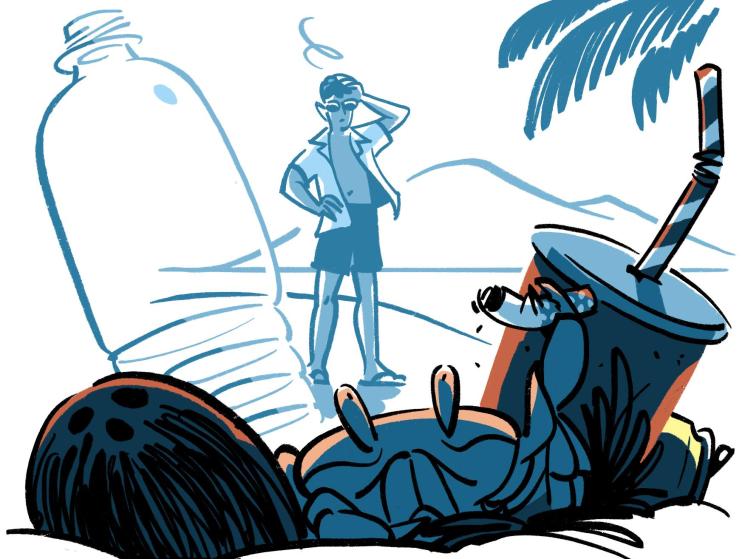
- 15 | The Forecast
- 6 min read

- 15 | The Forecast
- 5 min read

- 15 | The Forecast
- 7 min read

- 15 | The Forecast
- 21 min read
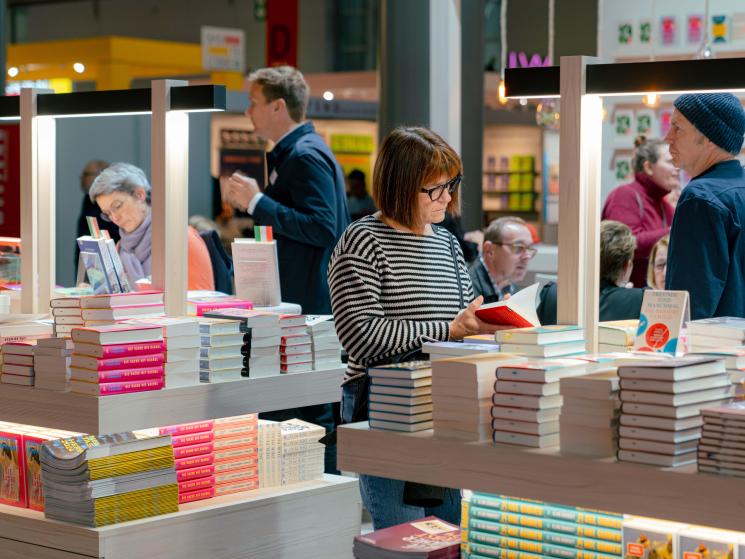
- 15 | The Forecast
- 5 min read
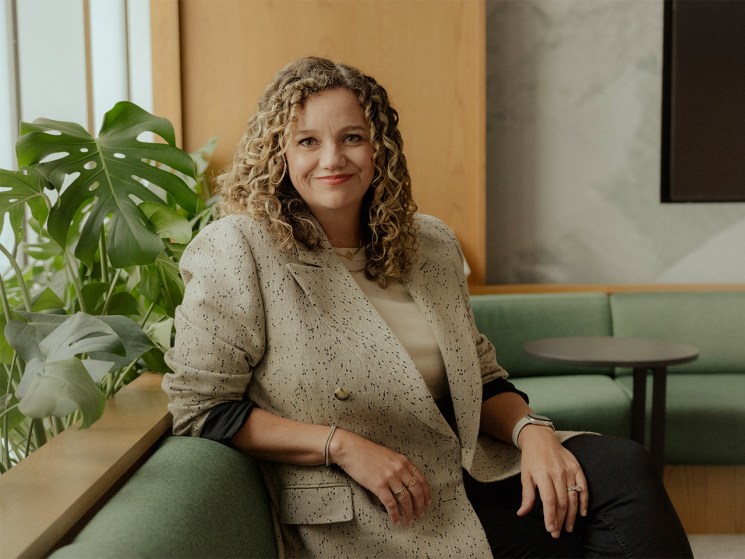
- 15 | The Forecast
- 7 min read
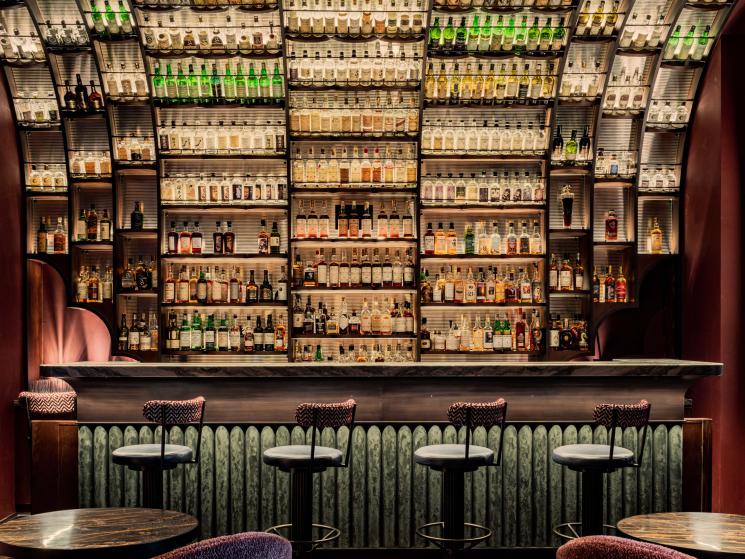
- 15 | The Forecast
- 6 min read

- 15 | The Forecast
- 17 min read


